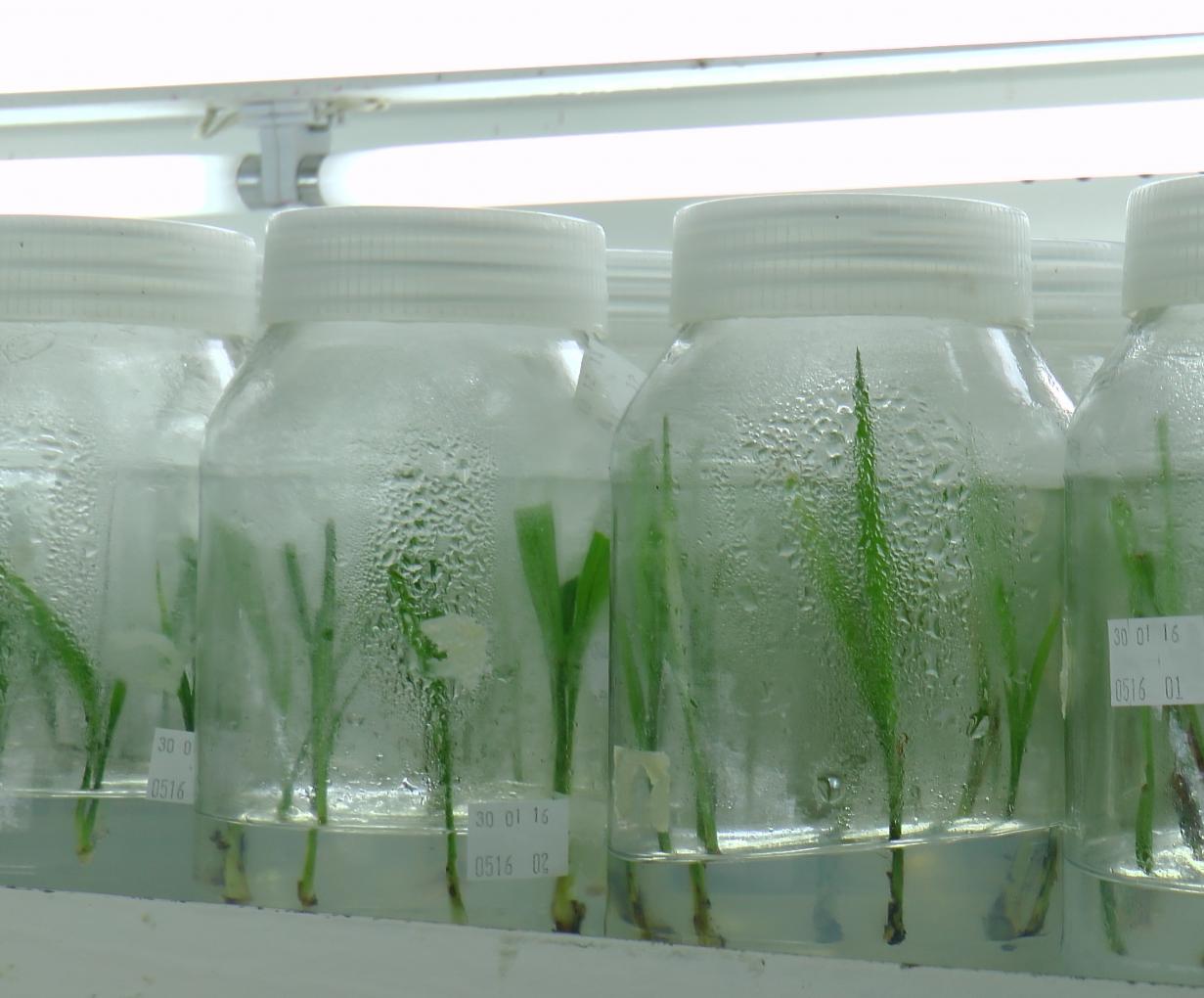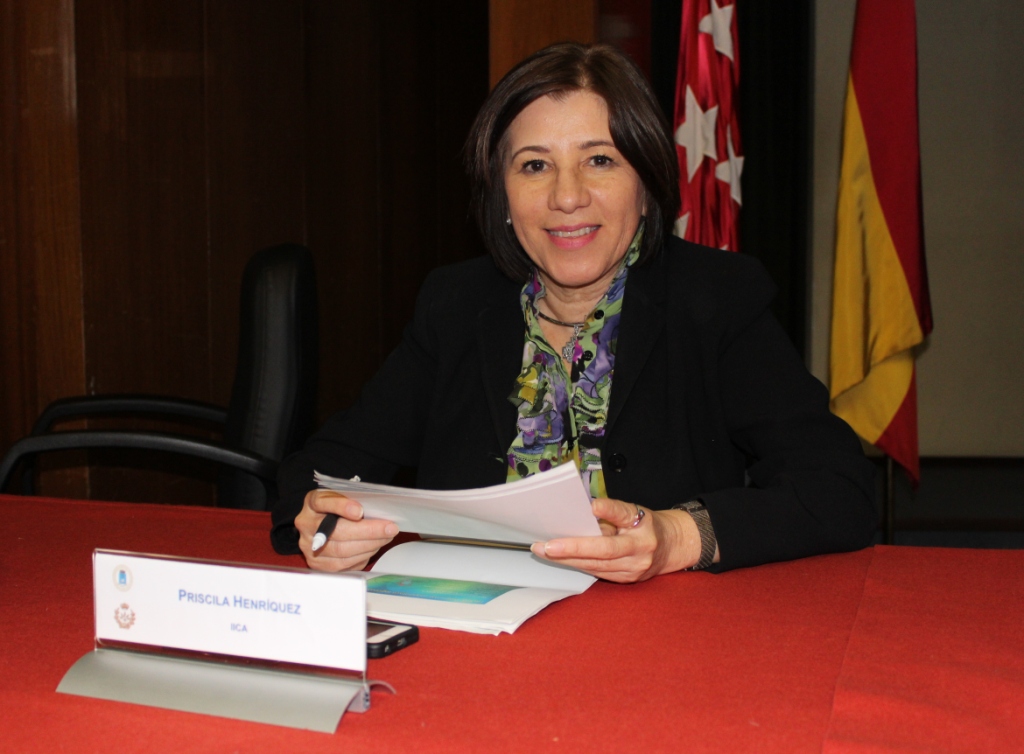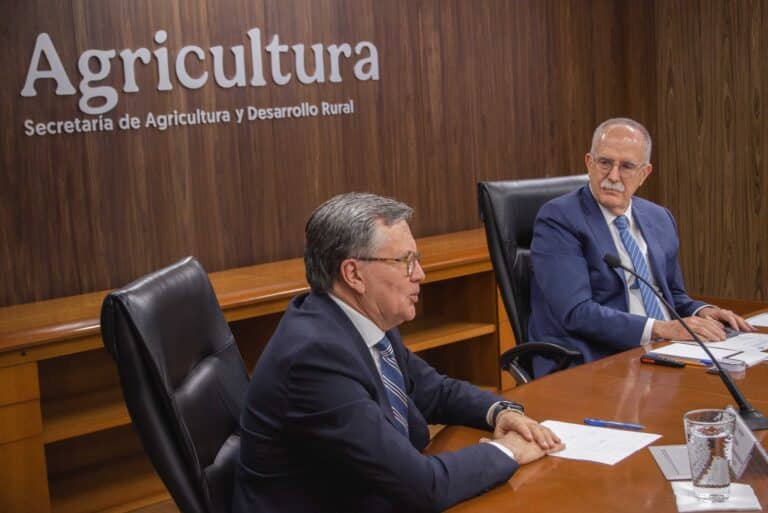This conclusion was drawn from the 2nd Congress on Agricultural Research for Development, held this month in Madrid.

Madrid, 3 April, 2017 (IICA). High-level specialists shared their knowledge and experiences with other stakeholders involved in researching alternative ways of increasing the sustainability of food and agriculture, during the 2nd Congress on Agricultural Research for Development, held in Spain in late March.
The experts agreed on the need to consolidate research networks to facilitate knowledge transfer and drive participative research with an area-based focus adapted to current challenges.
Another topic that was highlighted during the conference was the importance of having access to more scientific information, good practices and knowledge, as well as greater disaggregation of data, in order to foster agricultural research geared toward development.
Priscila Henríquez, Specialist in Agricultural Innovation, represented the Inter-American Institute for Cooperation on Agriculture (IICA) at the event, where she shared experiences with and mechanisms for research and innovation, as well as data on tools utilized by the Institute to share information and transfer results.
“Agricultural research is an important pillar for generating new knowledge and innovations, as well as contributing to the fight against hunger, guaranteeing adequate nutrition, and facing the challenges of climate change,” stated Henríquez.
During her lecture, she also added that scientists and policymakers must listen to the voices of small-scale producers, “particularly women and their needs, and empower them with tools and policies for managing climatic risks.”

There are about 17 million units of small-scale producers in Latin America. Women produce the majority of food, and account for 43% of the global agricultural workforce.
The event, which was held in Madrid, was organized by the National Institute for Agriculture and Food Research and Technology (INIA), in collaboration with IICA, the Council of Environment, Local Administration and Spatial Planning of the Community of Madrid, the Spanish Agency for International Development Cooperation (AECID), the Polytechnic University of Madrid (UPM), the Complutense University of Madrid (UCM) and the United Nations Food and Agriculture Organization (FAO).
Also in attendance were international cooperation experts and technical specialists, as well as researchers from several centers that conduct work geared toward making food and agriculture more sustainable, both in developed and developing countries.
More information:
priscila.henriquez@iica.int
soraya.villarroya@iica.int
Más información:
priscila.henriquez@iica.int
soraya.villarroya@iica.int











